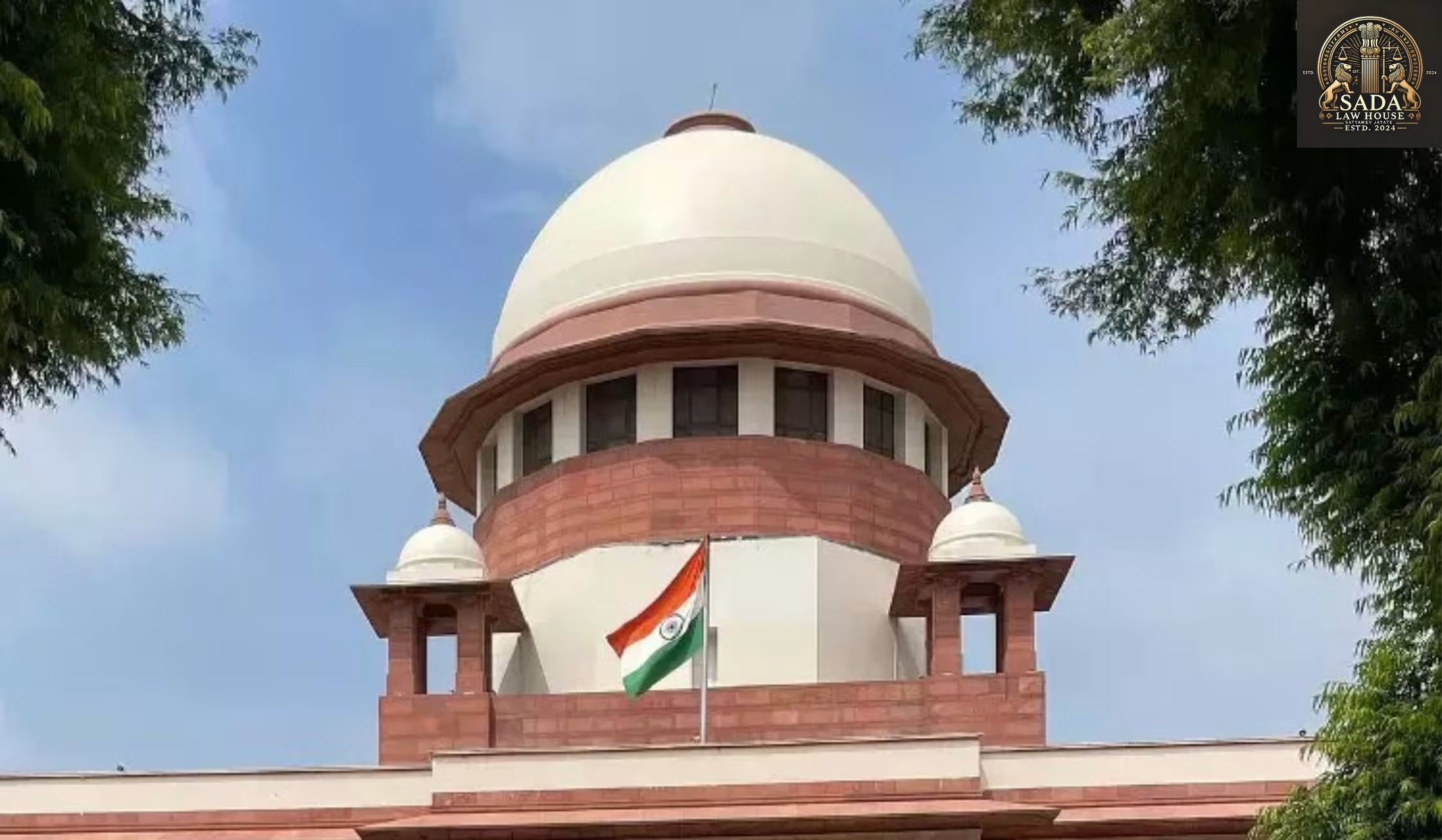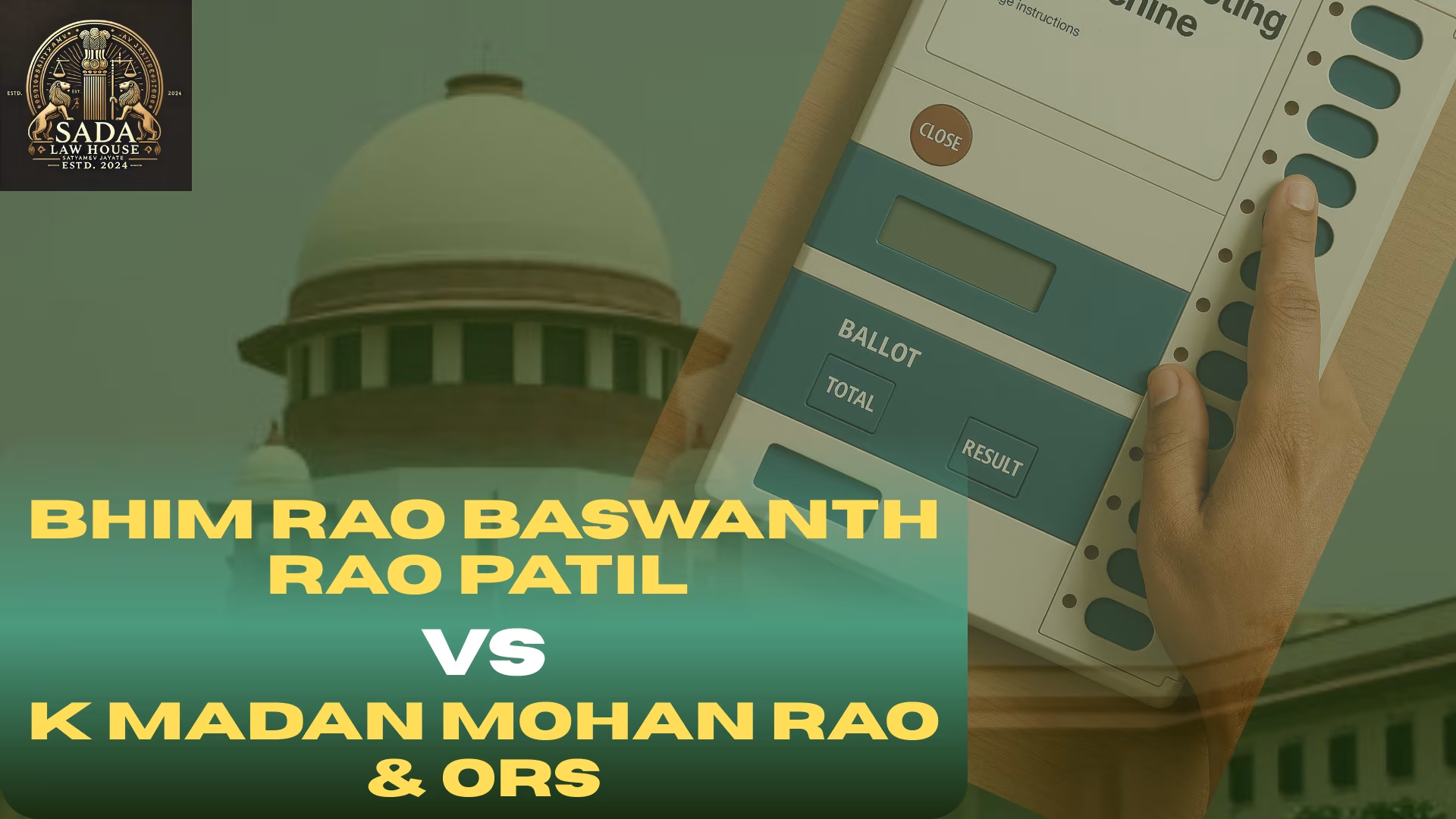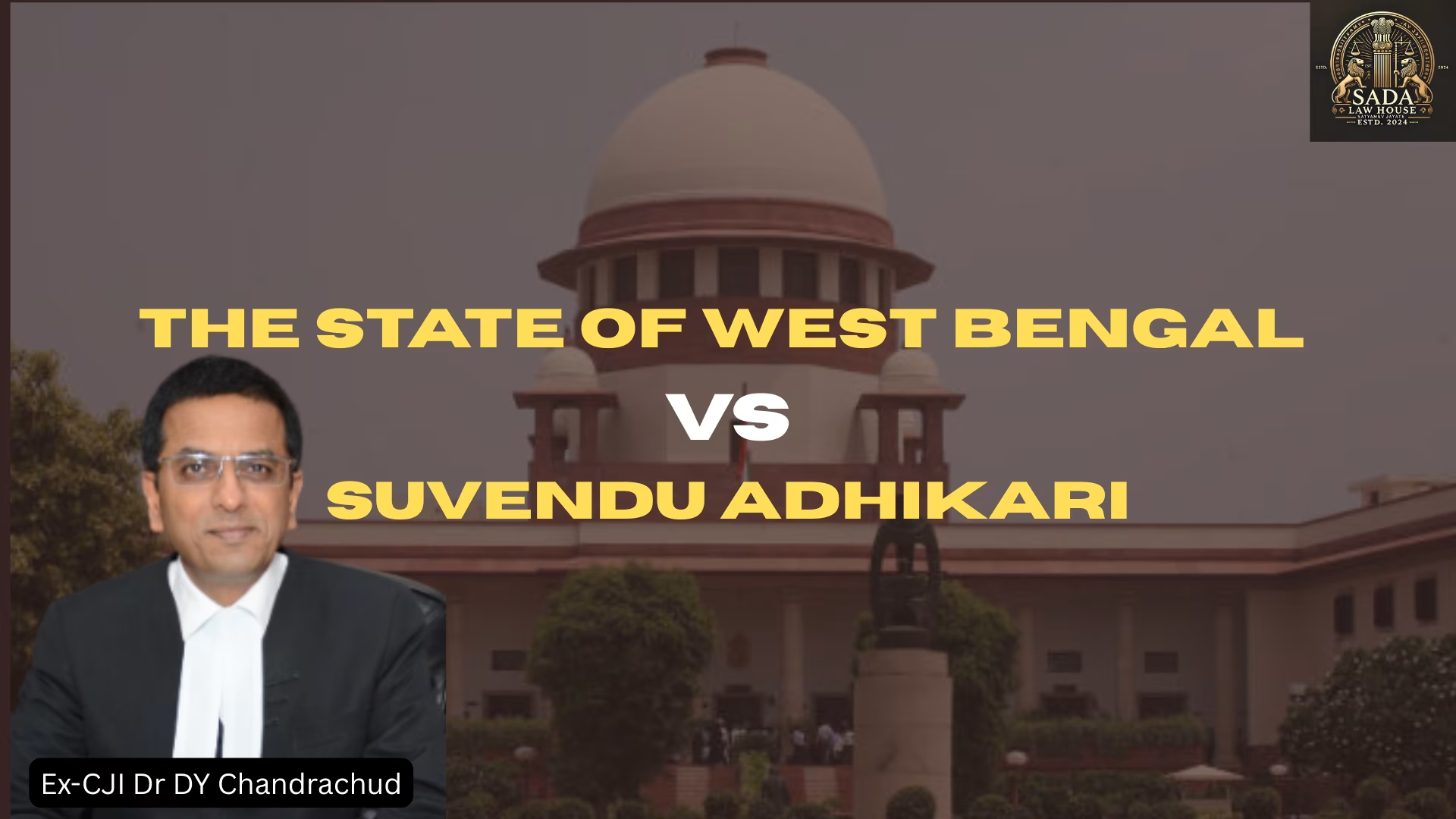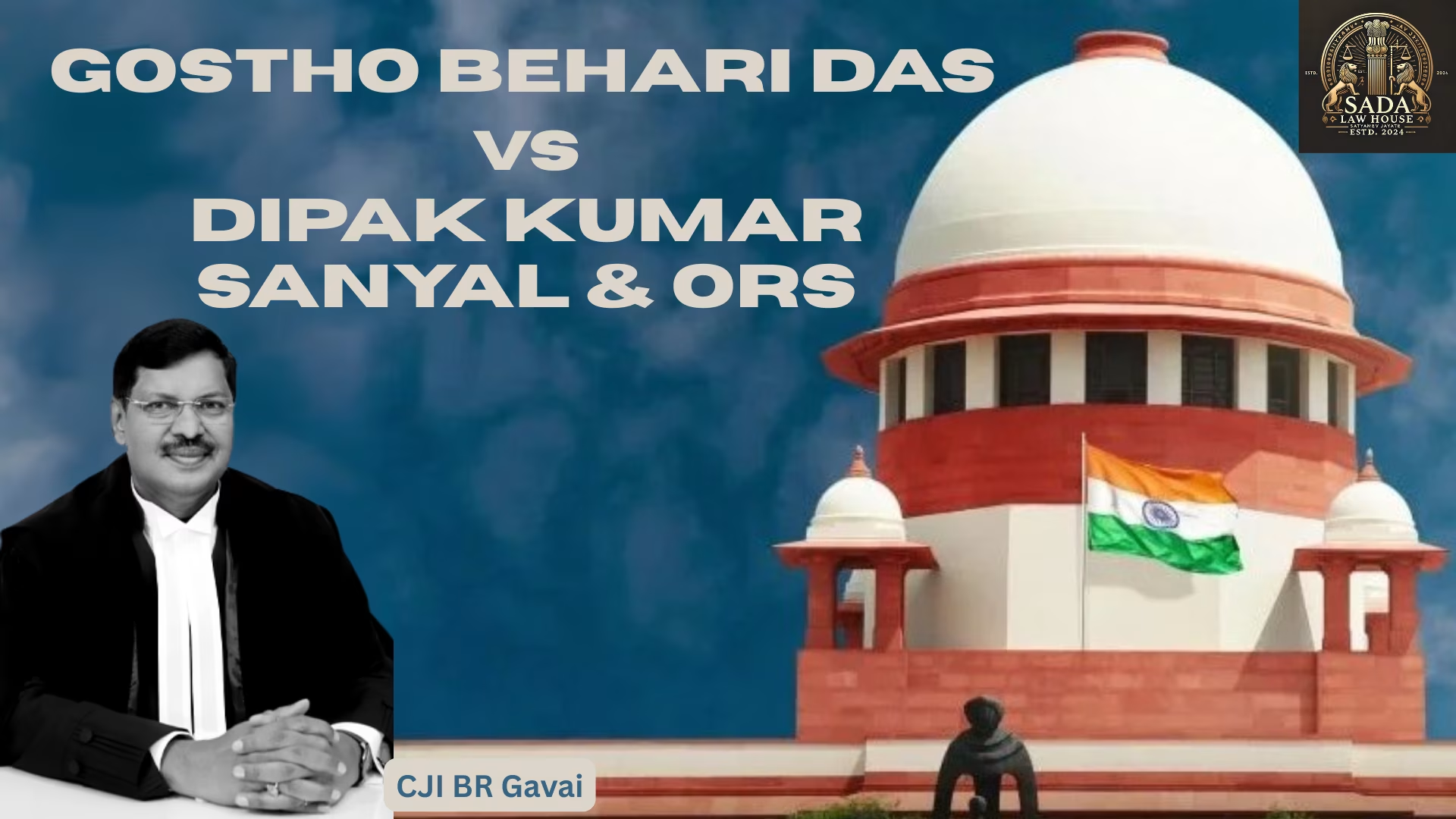Supreme Court Rules No Temporary Injunction Allowed After Rejection of Plaint Under Order VII Rule 11 CPC
- Prabhat Kumar Biltoria
- 02 June 2025

The Supreme Court of India recently clarified that no temporary injunction can be granted once a plaint is rejected under Order VII Rule 11 of the Civil Procedure Code. Learn about this important ruling and its implications for civil litigation.
Introduction: Key Supreme Court Ruling on Temporary Injunctions
The Supreme Court of India has delivered a crucial judgment regarding temporary injunctions in civil suits. The Court ruled that no temporary injunction can be granted when an appeal is filed against the rejection of a plaint. This decision emphasizes the importance of a subsisting plaint for seeking injunction orders and has significant implications for litigants and courts alike.
What is a Temporary Injunction and When Can It Be Granted?
A temporary injunction is a court order that temporarily restrains a party from doing a particular act until the final resolution of a suit. It serves as an interim relief to maintain the status quo and prevent harm.
However, the Supreme Court has now clarified that a temporary injunction cannot be issued once the plaint — the written complaint initiating the lawsuit — is rejected by the trial court.
Background of the Case: Appeal Against Rejection of Plaint
The judgment arose from a case heard by Justices BV Nagarathna and SC Sharma. The respondent filed an appeal under Order VII Rule 11 of the Civil Procedure Code (CPC) against the rejection of their plaint. Alongside this appeal, the respondent sought a temporary injunction against the appellant.
While the appeal was pending in the High Court of India, a temporary injunction was granted. The appellant challenged this injunction before the Supreme Court of India.
Supreme Court’s Observations and Decision
The Supreme Court set aside the temporary injunction, holding that:
Once a plaint is rejected, it ceases to exist and no injunction order can remain valid unless the plaint is revived or restored.
The appeal against the rejection of the plaint is not considered a continuation of the suit.
A subsisting plaint is mandatory to seek an injunction order.
The High Court erred in granting the injunction while the plaint was dismissed and under appeal.
Implications of the Supreme Court Ruling
This ruling reinforces that:
Courts cannot grant temporary injunctions if the plaint is dismissed.
Plaintiffs must ensure the plaint is restored or revived before seeking interim relief.
It protects defendants from injunctions based on non-existent suits.
This clarifies procedural boundaries in civil litigation and strengthens the application of Order VII Rule 11 CPC.
Conclusion: Understanding Temporary Injunctions Post-Plaint Rejection
The Supreme Court of India’s decision brings clarity to civil procedure, emphasizing that a plaint must be active for temporary injunctions to be valid. Litigants and legal practitioners should note this ruling to avoid procedural errors in seeking interim relief.
Case Laws






